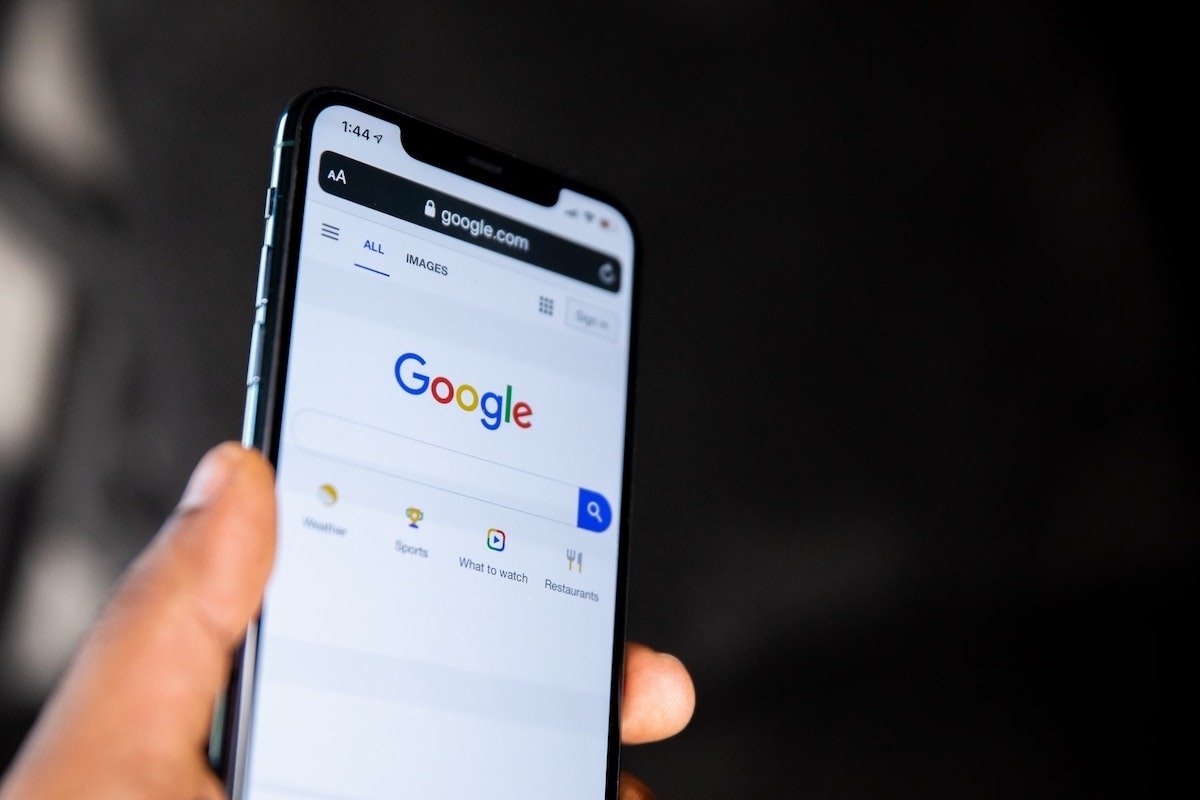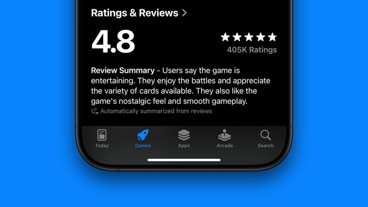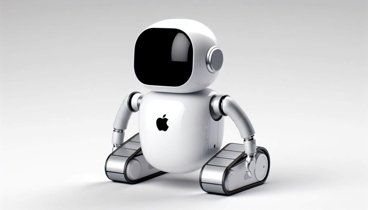The Australian Competition and Consumer Commission this week targeted both Apple and Google in a probe into choice and competition issues related to internet search and preinstalled web browsers.
The ACCC on Thursday published a Digital Platform Services Inquiry (PDF link) seeking input on platform default search engines and web browsers, reports ZDNet.
At issue are browsers and search tools that are presented as preinstalled options, a strategy that potentially suppresses consumer choice. As noted in the document, offering a default option on a platform like iOS substantially increases the likelihood that a user will select that product — and likewise disregard others.
According to Statcounter estimates from cited by the ACCC, Safari is the most used browser on smartphones and tablets in Australia with a 51% share. Google's Chrome follows with 39%, Samsung Internet at 7%, and Mozilla Firefox at less than 1%. Those figures are somewhat flipped on desktop, with Chrome seeing an estimated 62% usage rate, followed by Safari at 18%, Edge with 9%, and Firefox at 6%.
Notably, Google's search services are the default option on Chrome, Firefox, Safari and Samsung Internet, while Microsoft's Bing is the default search engine on Edge.
Tech companies are keenly aware of the effects default apps and services can have on customer engagement. For example, the ACCC points to Google's arrangement with Apple to maintain its standing as Safari and Siri's default search engine. That deal was rumored to be worth $100 million a year in 2010, but has since ballooned to an estimated $9 billion in 2018 and as much as $12 billion in 2019.
"We know that, in general, setting a default option substantially increases the likelihood that consumers and businesses will stick with that option. This can have the effect of reducing competition and consumer choice in the supply of these services," ACCC chair Rod Sims said in statement.
The ACCC is also investigating the effectiveness of Google's Android choice screen interface, which presents European users the option of downloading alternative search engines and browsers. Choice screens were implemented after the European Commission in 2018 found Google breached European Union antitrust rules.
Though not as conspicuous as Google's UI, Apple implements a feature similar to choice screens in iOS 14. Users are able to change the system default browser and search engine in the Settings app.
Other areas of inquiry in the ACCC's discussion paper include widgets, search bars, user interface elements and methods of changing default search services and web browsers.
A report based on responses gathered by the inquiry is expected in September.
 AppleInsider Staff
AppleInsider Staff







-m.jpg)






 Marko Zivkovic
Marko Zivkovic
 Christine McKee
Christine McKee
 Andrew Orr
Andrew Orr
 Andrew O'Hara
Andrew O'Hara
 William Gallagher
William Gallagher

 Mike Wuerthele
Mike Wuerthele
 Bon Adamson
Bon Adamson




-m.jpg)



16 Comments
So if these motherhumpers have their way a user setting up their new device will have to download and install a browser ‘of their choice’ so as to appear to be ‘fair’? The user will have to download and test numerous browsers so they can make an ‘informed’ choice. No default apps allowed? And they’ll call it consumer friendly and promoting ‘competition’? What planet do these assholes live on. They want the user to slog through app after app and to decide which ones they ‘prefer’? Yeah, that’ll make setting up a new phone or computer an adventure in futility. What browser shall I use? What email client shall I use? What photo storage app should I select. PLEASE HELP ME!!!
Apple should do what it did with the Apple Watch, which prohibits clock apps. In keeping with that principle of non-duplication of apps, all apps on iOS that compete with Safari, or Mail, or Messages should just be banned from the iOS App Store. If Apple did that, there's no need for Apple to provide options for these programs.
Apple has no obligation to provide consumer choice in these areas, just like it doesn't have an obligation to allow apps that duplicate the watch feature in watchOS.